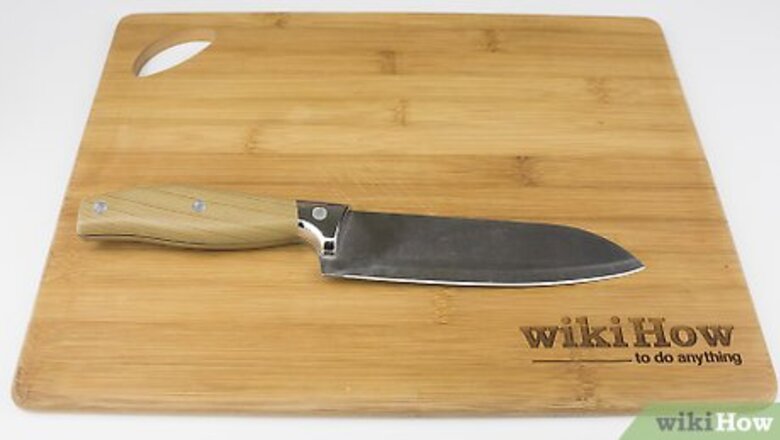
views
Prepping the Onion for Chopping
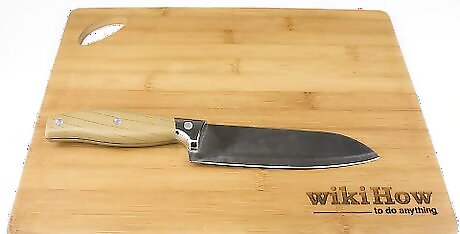
Use a sharp knife. It may seen counterintuitive at first, but a sharp knife is safer than a dull blade. Dull knives not only mash instead of slice into foods, they slip more easily, especially on round, slick foods like onions. But dull knives are still plenty sharp enough to cut you.
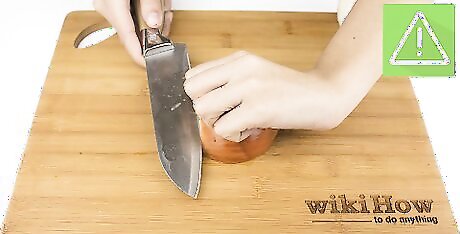
Do it the easiest and safest way if you're not an expert. Many chefs and experienced cooks chop onions in part by making horizontal slices parallel to the cutting board -- and under their hands and towards their wrists. It works quite well when done properly, but can also cause serious injury if you make a mistake. For the home cook, then, especially if you're a little wary about having a sharp knife in your hand, stick to the methods listed below.

Let the onion do some of the work for you. Onions are built a bit like the earth -- ever-larger spherical layers surrounding a core -- except with the North and South poles (the stem and root ends) holding everything together. The onion wants to come apart once you start cutting into it, so if you attack it in the right way this falling apart will do much of the chopping for you.
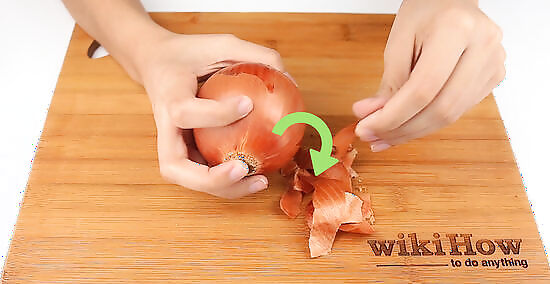
Peel off the loose, dry skin on the outside of the onion.

Chop off the stem (the pointy end) of the onion. Cut off enough so that you can stand the onion up on that flat spot.

Cut the onion in half. Stand it up on the flat spot, steady it with your free hand, and carefully but forcefully slice down through the root end.
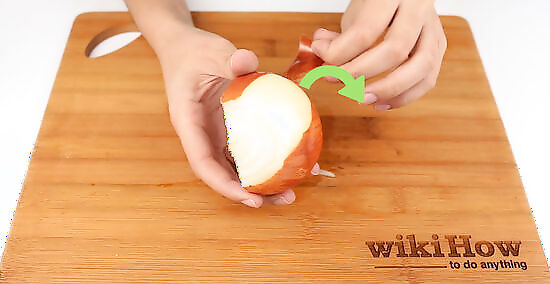
Peel off any additional loose, papery, or discolored layers. Work with one half of the onion at a time from this point forward.
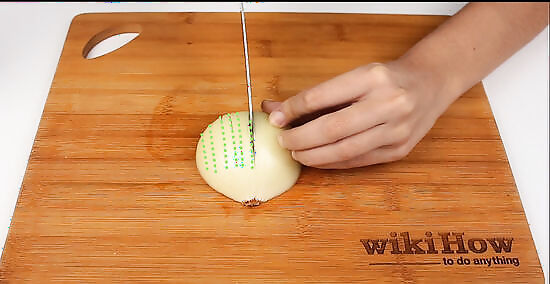
Cut slices from (but not through) the root end to (and through) the cut off stem end. Place the flat side of the onion half down on the board, with the root facing away from you. Hold the onion with your free hand, pierce it with the tip of the knife near the root end, then push the rest of the knife down through the onion. Leave enough of the root end intact to hold the onion together. Make parallel cuts across the onion at the width you desire -- roughly 1/4 inch is usually considered "chopped."
Chopping, Dicing, and Mincing
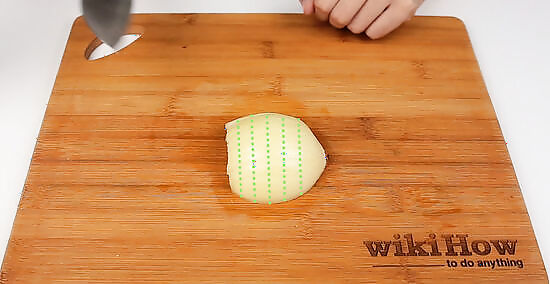
Rotate the onion 90 degrees on the board and make a series of cuts perpendicular to the ones you just made towards the root. Discard the root end and use your fingers to separate the onion into nicely chopped pieces.
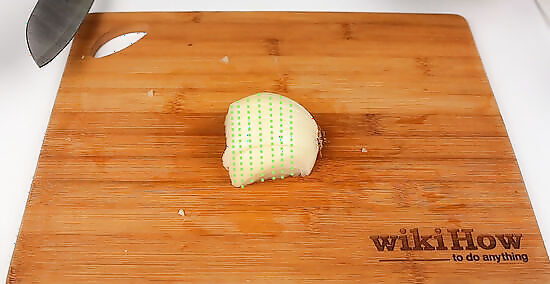
For a diced onion, make your cuts closer together than the 1/4 inch for chopping, but follow the same methods.
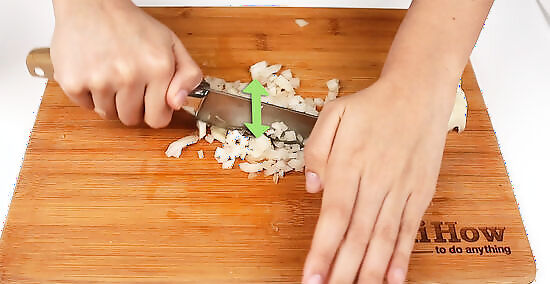
For a minced onion, do the same again but even more closely together. If you find it difficult to make cuts this thin, you can run through a pile of chopped or diced onions with your knife. Pile up your diced onions in a mound on the board. Pin the tip of your knife to the cutting board with your free hand and rock the knife up and down through the mound. (If you ever used, or saw your teacher use, one of those big paper cutters in school, you'll have an idea of the cutting motion.) Re-pile the onion pieces as needed.
Avoiding Teary Eyes

Understand the problem. Onions contain chemicals that, when released into the air, become an irritant to the tear-producing glands in our eyes.
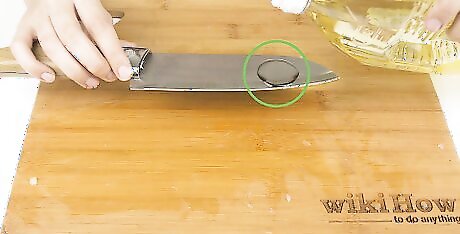
Try different methods. Every experienced cook seems to have a favorite, can't-miss trick to stop the tears. They range from scientifically-based to downright strange. To name but a few ... Put the onion in the freezer for a few minutes beforehand. Cut the onion near a lit candle or a running gas stove burner. Dip your knife in oil before cutting. Ventilate the area with a fan. Chew gum, or hold water, a bread stump, or a teaspoon in your mouth.
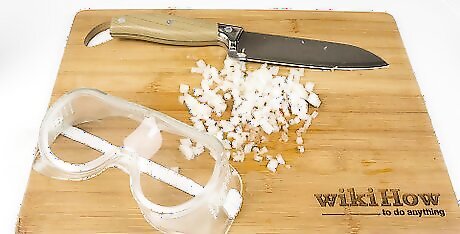
Wear goggles. Try swimming or skiing or lab goggles. Make sure you can see clearly out of them. Guaranteed to work, though not the most fashionable choice if you're trying to impress a date with your cooking skills.

Finished.

















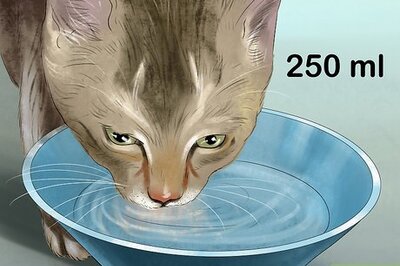


Comments
0 comment